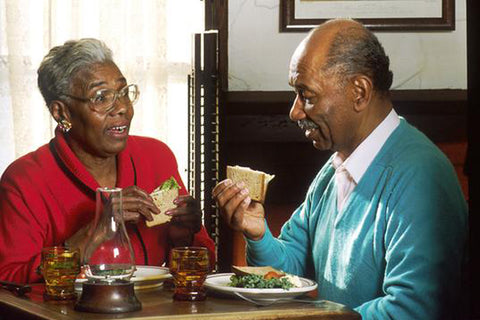Stereotypes exist for all groups, and while some are positive and some are negative, they all exist together in our collective consciousness as a society. That being said, working in the food and beverage industry it's our duty to continue to give top-notch service to all customers; despite any preconceived notions we have about how they'll behave.
A common challenge that comes up frequently in the restaurant industry is encompassed in server attitudes toward people of color dining out. In this situation people of color are usually stereotyped as being louder, more needy, and even as giving smaller tips. As with any stereotype there are certainly going to be people who live up to this description and make it appear that everyone else in their racial group acts the same way. These customers can be frustrating for many reasons, and it's disappointing when you recognize any growing negativity you may feel about these people.
However, thinking like this can begin an unhealthy cycle of behaviors that end up justifying themselves. Oftentimes, if a server believes a group to fall into this stereotype, they may feel less inclined to go above and beyond for them as they would for other customers. Now, just as with stereotypes about customers, not all waiters or waitresses do this. In fact, many see the stereotypes for what they are, and treat every group equally, giving them the service they deserve.
That being said, not letting stereo types effect your service can be challenging especially when your income depends a gratutity. As frustrating as it can be not to receive the proper tip you worked for, it best not to let that possibility effect your service. If you do, may turn off and upset a guest that otherwise would have tipped well. The result is then a justification of their very thoughts as the group they expected not to tip, didn't.
Situations like this are difficult to manage. Above all, remaining sensitive to the situation is the best way to keep any biases at bay. Give people a chance to show you who they are, and they might surprise you. And if they don't, there is always the next table.




